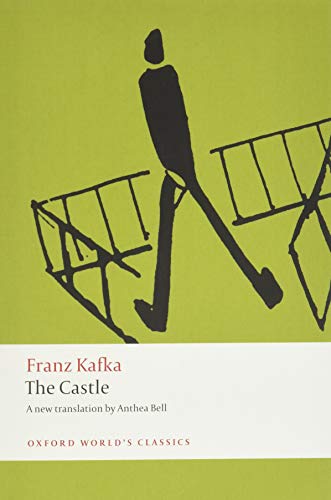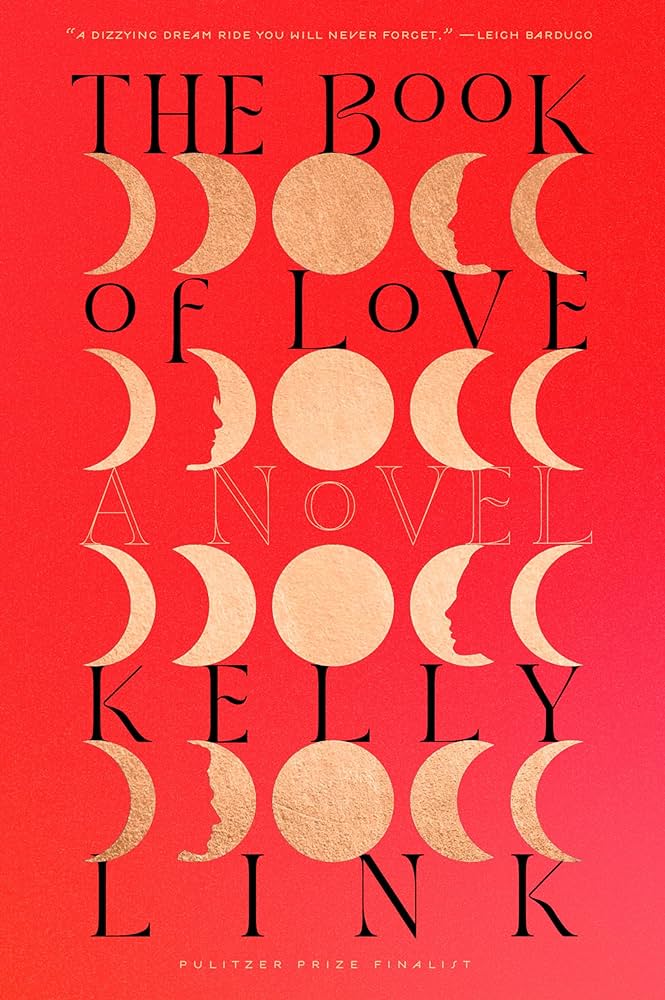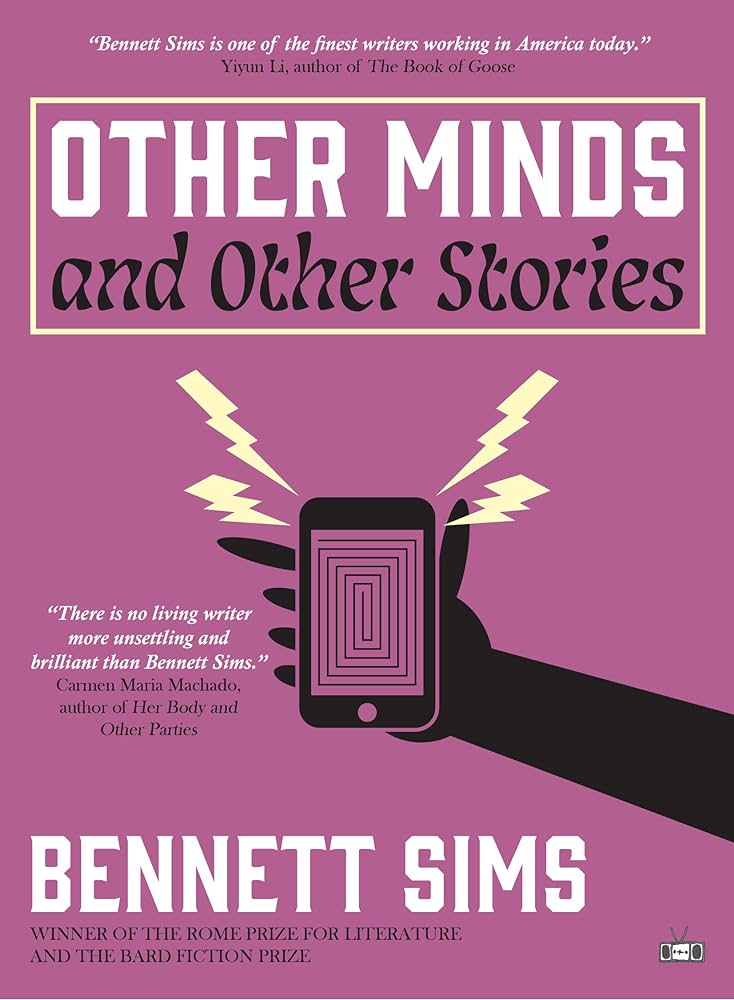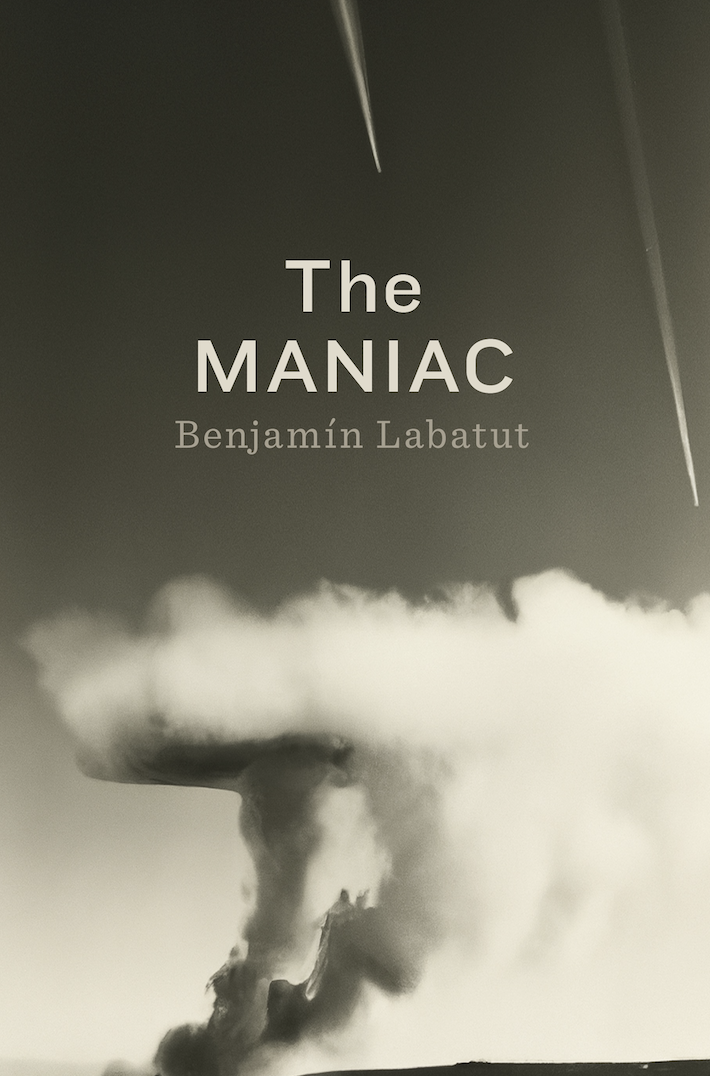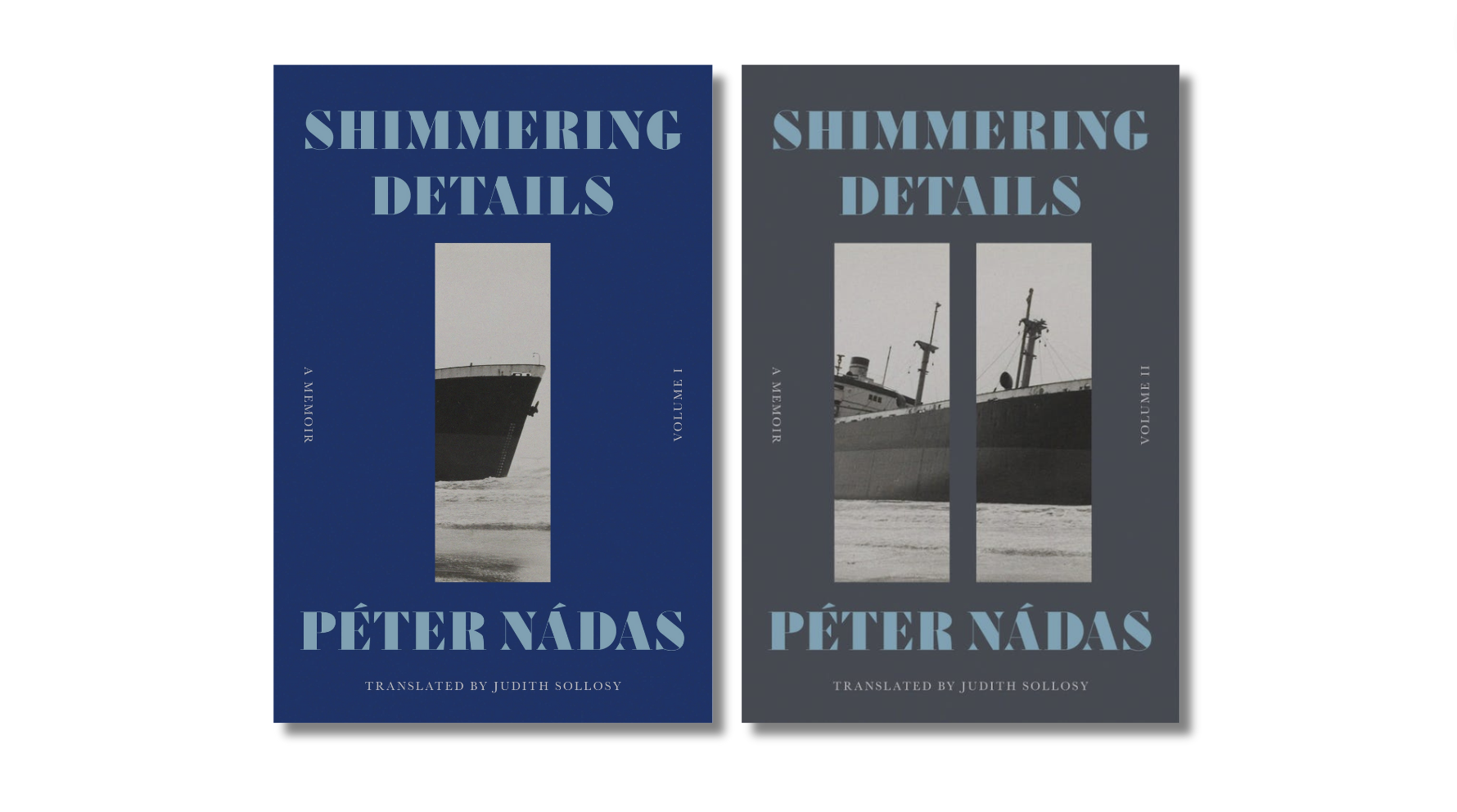
In the late David Foster Wallace’s unfinished novel The Pale King, IRS employee Claude Sylvanshine is a “fact psychic.” This means he is periodically overwhelmed with cascades of “ephemeral, useless, undramatic, distracting” information about other people. When he eats a cupcake, for instance, he knows where it comes from, who baked it, and a sprinkling of vital statistics about its baker–his “weight, shoe size, bowling average, American Legion career batting average.” As the details proliferate, it becomes obvious that the sum does not add up to a person. What Sylvanshine learns about others isn’t, and can’t be, insight: it arrives with no context and no narrative, touched off by minimal contact or none at all, and he has no means of organizing or using what he knows. The information is raw, “fractious, boiling,” and its accumulation oppresses him. Some of it presents visually, “queerly backlit, as by an infinitely bright light an infinite distance away.” Sylvanshine’s gift gives him a headache.
Wallace himself, of course, was something of a fact psychic, possessed of freakishly sensitive awareness and unsure of its human use. To read his work is to encounter great drifts of detail, drifts which have contributed, along with his books’ sheer length, to the perception of his work as excessive or maximalist. Wyatt Mason notes in The New York Review of Books that those who characterize Wallace’s fiction this way sometimes imply a failure of control or restraint, as if “however smart he was, he wasn’t smart enough to write fiction that didn’t distract the reader with yieldless shows of virtuosity.” But Wallace’s canonization, now close to complete, means these criticisms no longer have much bite. Mostly we feel that Wallace’s headlong, encyclopedic, garrulous manner was born of necessity, not indulgence, that the stylistic innovations, including the massed detail, grew not from vanity but from some kind of mimetic imperative to reflect back to us our dizzy, painful, teeming, inconclusive lives.
This vision of Wallace is of an artist in full possession of his art, his every choice considered and confident. Even so, D.T. Max, writing for The New Yorker, finds traces in the years before Wallace’s death of a different sort of author, one who had come to doubt the style he’d become known for and grown dissatisfied with himself as a writer, even believing, Max suggests, that he might not be “the kind of person who could write the novel he wanted to write.” How deep this unease went it’s impossible to say, though it does seem that Wallace was conscious early on of the costs exacted by his stylistic choices. In a 1993 interview with Larry McCaffery, he worried about writing “sentences that [were] syntactically not incorrect but still a real bitch to read. Or bludgeoning the reader with data. Or devoting a lot of energy to creating expectations and then taking pleasure in disappointing them.” Still, if he was aware of the risks of his approach, he seemed certain, at least in 1993, that they were worth running. About his project at the time (probably Infinite Jest), he said, “Whether I can provide a payoff and communicate a function rather than just seem jumbled and prolix is the issue that’ll decide whether the thing I’m working on now succeeds or not.”
An unfinished novel almost by definition doesn’t provide a payoff or carry out its “function.” This means we can’t know whether the unfinished book was also unfinishable, an insoluble puzzle. (Though some novels–Kafka’s Castle for example–seem more eloquent and even “successful” for being incomplete.) Certainly Wallace had set himself a problem masochistic or quixotic in its difficulty: how to write an interesting novel about that byword for tedium, the IRS? And how to write a religious novel–which is what The Pale King is, in its preoccupation with grace, illumination, and purpose–about the most disenchanted and secular of professions, namely accounting? Employees of the IRS, fact psychics or not, don’t want for hard numbers. The question is whether, along with the data, they can acquire a sense of vocation and vision, of meaningful work in a meaningful world. It is a question whose implications point inward, to the novelist’s own profession, and outward, to the status of human activity generally in what we have come to call an “information society.”
 If Infinite Jest was about addiction, entertainment and distraction–about avoiding the truth–The Pale King is about the opposite phenomena of boredom and attention, about staring at the world instead of looking away. And if Infinite Jest was quintessentially a novel about fuckups and misfits, The Pale King is a novel about reliable employees, people who go to work each day and get there on time. Claude Sylvanshine is one of a handful of primary characters, low-level IRS employees mainly (many of them rote examiners, or “wigglers,” in IRS lingo), whose stories appear and reappear over the course of the book’s 539 pages. Among these narratives, assembled from Wallace’s manuscripts and notes by his longtime editor Michael Pietsch, glimmers a constellation of minor characters, all linked by their association with “the Service.” The relations among the cast blink on and off as the book progresses, alternately intensifying or falling away. There is no central protagonist per se, unless you count David Wallace, the self-described author of what he claims is a memoir written primarily for financial gain.
If Infinite Jest was about addiction, entertainment and distraction–about avoiding the truth–The Pale King is about the opposite phenomena of boredom and attention, about staring at the world instead of looking away. And if Infinite Jest was quintessentially a novel about fuckups and misfits, The Pale King is a novel about reliable employees, people who go to work each day and get there on time. Claude Sylvanshine is one of a handful of primary characters, low-level IRS employees mainly (many of them rote examiners, or “wigglers,” in IRS lingo), whose stories appear and reappear over the course of the book’s 539 pages. Among these narratives, assembled from Wallace’s manuscripts and notes by his longtime editor Michael Pietsch, glimmers a constellation of minor characters, all linked by their association with “the Service.” The relations among the cast blink on and off as the book progresses, alternately intensifying or falling away. There is no central protagonist per se, unless you count David Wallace, the self-described author of what he claims is a memoir written primarily for financial gain.
Not a lot happens in The Pale King, exactly. The plot, such as it is, emerges from a left turn in early-eighties-era tax policy Wallace calls the Spackman Initiative, an attempt to narrow the tax gap (the shortfall between what is owed to the government and what is actually collected) by increasing the efficiency of collection (essentially, cracking down on non-compliance) so that the government can lower marginal tax rates without losing revenue. As their elephantine employer struggles to reinvent itself, the wigglers, in varying states of mental and bodily discomfort, writhe in place: “R. Jarvis Brown turns a page. Ann Williams sniffs slightly and turns a page. Meredith Rand does something to a cuticle.” Wallace wants us to see what the examiners, at the height of their boredom, can’t, quite: the relation of the human skeleton to the bureaucratic thumb bone turning the page.
The world of The Pale King is, with a few exaggerations and inventions, our world, where the baroquely ramified division of labor has given rise to jobs only distantly related to their purpose. The low-level examiners at the Midwest Regional Examination Center suffer a common plight: jobs of drastic tedium and invisible value. Some employees try to survive, improbably but amusingly, by treating their work as a vocation in the religious sense of the term. So Chris Fogle is bewitched by the eerily composed teacher of a high-level accounting class who describes tax preparation as a heroic calling. “Enduring tedium over real time in a confined space is what real courage is,” the teacher declares, absurdly, as if he were a POW. In Fogle’s moment of conversion, the physical world amplifies, details announce themselves, and Fogle sees so much so keenly that he can intuit even the little he can’t see:
I was aware of how every detail in the classroom appeared very vivid and distinct, as though painstakingly drawn and shaded, and yet also of being completely focused on the substitute Jesuit, who was saying all this very dramatic or even romantic stuff without any of the usual trappings or flourishes of drama, standing now quite still with his hands again behind his back (I knew the hands weren’t clasped–I could somehow tell that he was more like holding the right wrist with the left hand) and his face’s planes unshadowed in the white light.
Advanced Tax isn’t the first place Fogle has looked for redemption. In his earlier “wastoid” phase, he tells us, he took a drug called Obetrol for the quality of consciousness it afforded, especially “an ability to choose what one concentrates on” which differentiated it from smoking pot. Pot made you think about whatever your eyes lit upon, but Obetrol let you select and name your perceptions–“The cigarette burn is black and imperfectly round.” It was this final level of awareness, Fogle says, which he calls “doubling”–perceiving yourself perceiving, aware you are aware–that made the feeling special. Accounting appeals to him aesthetically–it is orderly, and in its orderliness, beautiful–but also (hilariously) spiritually.
A similar state of awareness possesses Meredith Rand when she engages a hyper-perceptive examiner named Drinion at a bar. Under Drinion’s observation she receives an infusion of attention like nothing she’s ever experienced. Importantly, the experience reminds her of paying attention herself. Here is another of Wallace’s spiraling (and attentive) sentences:
The only kind of experience she could associate with it involved their cat that she’d had when she was a girl before it got hit by a car and the way she could sit with the cat in her lap and stroke the cat and feel the rumble of the cat’s purring and feel every bit of the texture of the cat’s warm fur and the muscle and bone beneath that, and that she could sit for long periods of time stroking the cat and feeling it with her eyes half-shut as if she was spaced out or stuporous-looking but had felt, in fact, like she was the opposite of stuporous–she felt totally aware and alive, and at the same time when she sat slowly stroking the cat with the same motion over and over it was like she forgot her name and address and almost everything else about her life for ten or twenty minutes, even though it wasn’t like spacing out at all, and she loved that cat.
As Wallace inventories the varieties of distraction and absorption, he proposes that the burden of meaningfulness falls not on the task or the object at hand, but on the quality of the attention paid. It is one’s orientation to work that matters, not the substance of the work, one’s orientation to circumstance, not the circumstance itself. Happiness nests in perception.
Such a proposal unavoidably implicates the experience of reading this book. Also, more generally, the experience of reading itself. Does it matter what you read, or only how? In the case of The Pale King, I discovered that my eye sometimes wanted to trace zig zags instead of mowing steadily from one page to the next. Almost invariably I took the numbers and names pertaining to tax code as atmospheric and skimmed them. I at first resented the trademark footnotes. (But grew to love them: many explain vital information, and one even contains a blow job, or footjob, as I’m tempted to call it). As one might expect given Wallace’s sensibility, events receive a swirling, almost obfuscating treatment, the event itself nearly effaced by context or interpretation. It can be hard to figure out what’s happening, who’s talking, who’s who. But what generated the most readerly friction for me was not the quantity of detail so much as the difficulty of knowing how to take it. By non-avant garde standards, a detail is doing its job if you don’t question its function, if it fills out the portrait without puncturing it. But Wallace wants punctures. To McCaffery, he said he wanted to “antagonize” the reader, then corrected this to “aggravate” for its suggestion of intensification. (Or inflammation, I kept thinking: the detail as mosquito bite or bee sting). So we are more than once reminded that what is called Level 2 of the Midwest Regional Examination Center is not, as one would assume, the second floor, but actually the ground floor, due to an aborted excavation project. Such a detail says something about the contorted bureaucratic nature of the REC, but also suggests that the information will be necessary in terms of plot, that we’ll “need” it for something later on. But these hints are more often than not teases, tricks, feints.
Wallace’s characters themselves worry about such questions–what is the point of all this elaborateness? They frequently ponder the very elements that, in a less self-conscious book, would be charged with making them real to us. In a conversation about drug experiences in the sixties, an unnamed character complains, “I’m saying if I say Baxter-Bathing or Owsley or mention Janis’s one dress she wore you think in terms of data. There’s none of the feeling attached to it–this was a feeling. It’s impossible to describe.” Similarly, he isn’t concerned that “Sweater Puppies” produce no nostalgia, he’s concerned that they produce no feeling at all, that the fact, isolated, has no emotional valence.
In a day-long training session the new IRS recruits are taught something similar about the insufficiency of mere information. “Get rid of the layman’s idea that information is good,” two trainers tell a batch of trainees, among whom sits the fact psychic Sylvanshine. “That the more information the better. The phone book has lots of information, but if you’re looking for a phone number, 99.9 percent of that information is just in the way.” Sylvanshine’s interest is piqued as the second trainer chimes in: “Information per se is really just a measure of disorder.” The examiner’s job is ultimately the ability to sniff out a return worth auditing. The best can bypass vast amounts of meaningless information and in the exercise of his intuition concentrate on that small subset which is meaningful, a task any virtuosic performance of which requires virtuosic powers of attention. Thus the bureaucratic import of an examiner like Drinion, whose immense powers Wallace literalizes by making Drinion actually levitate as his focus crystallizes.
Drinion holds the mental secrets that, replicated, are the key to the IRS’s new goals. Capture Drinion’s tricks and the IRS can do away with its main obstacle–the limitations of the humble examiner. AAnd if the examiner’s needs are everyone’s needs–for stimulation, for a job whose value is visible, for work that requires skill and affords pleasure–there is something worrisome at work in Wallace’s fictionalized IRS. The Pale King closes, at least in Pietsch’s reconstruction, with a mysterious chapter in which an unidentified subject appears to study the techniques of deep concentration. “The way we start is to relax and become aware of the body,” a graying, pleasant-faced woman instructs. “It is at the level of the body that we proceed. Do not try to relax.” The subject must learn how to relax, presumably, so that he can work more efficiently, so that he can generate more revenue, so that the bureaucracy can grow. The mantras of meditation, co-opted in service of the Service.
The unfinished quality of the book means there is something especially undecidable about such a scene. Is Wallace in earnest when he proposes that anything at all, even tax examination, can be the object of religious mindfulness? Or is he parodying such a view? Probably he is doing both. After all, the optimistic proposition that how we interpret our lives determines our experience shades easily into a more sinister one. If the burden is on us to make the best of any awful circumstance, such a suggestion can be bent to excuse any amount of awfulness. Wallace seemed truly to believe in the virtues of attention and its capacity to afford grace, as can be seen from his now-famous commencement address at Kenyon College. And yet The Pale King reveals a tormenting quality to relentless mindfulness, to an unrelieved awareness of the world. Claude Sylvanshine, buried under the clutter of everything he knows, fears there is basically something wrong with him, that he is “simply ill-suited, the way some people are born without limbs or certain organs.” He suffers because he can’t exercise any authority over his perceptions, can’t choose, can no more piece together meaning from the fact-shards raining down on him from other people’s lives than he can from his own experience. This is Sylvanshine’s lament: “What if he was simply born and destined to live in the shades of Total Fear and Despair, and all his so-called activities were pathetic attempts to distract him from the inevitable?” And in it we hear the terrible sound of Wallace’s own worry.
When it first became known that The Pale King existed it seemed especially tragic that Wallace hadn’t left us with a finished manuscript, and it is. And yet the book’s inconclusiveness keeps alive his questions, and ours, in a way a completed work wouldn’t. After my first reading was over, as I returned to certain parts, seeking out this or that thing I’d liked or thought I’d misunderstood, previously opaque information revealed itself to mean something, and the book, wonderfully, seemed to move and breathe. But this is an unfinished novel, one arranged (if quite beautifully) by someone else’s hand. As much sense as it settles into, it will still escape us. It escaped him.
